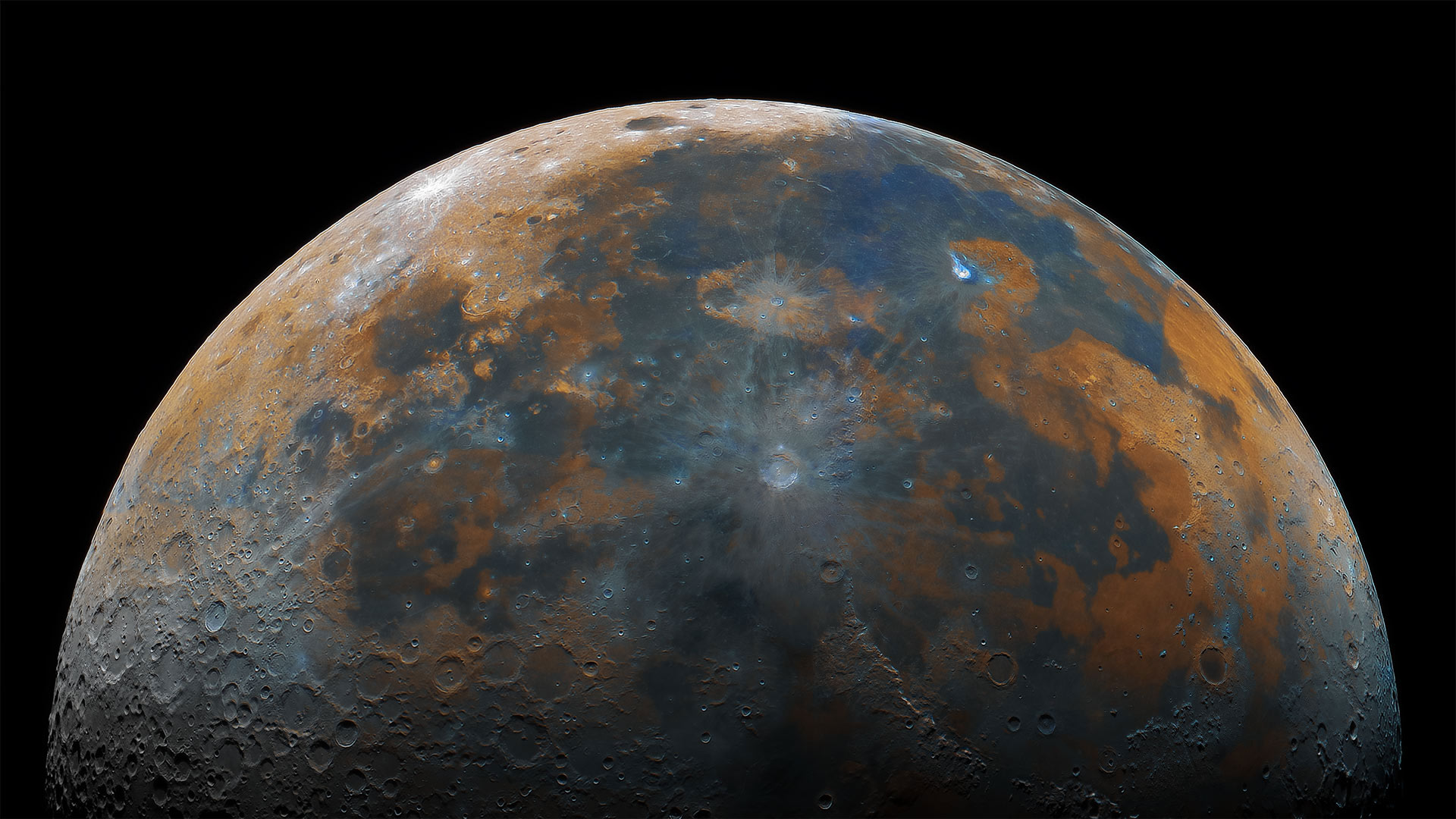Incineration: the hot topic in waste management for Southern Switzerland
Waste management is a critical issue for any region, and it is particularly important for a beautiful and environmentally-conscious region such as Southern Switzerland. With its stunning natural landscapes, such as the Swiss Alps and the picturesque Lake Lugano, it is crucial for this region to have an effective and sustainable waste management system in place to protect its natural beauty.
In recent years, incineration has emerged as a hot topic in waste management for Southern Switzerland. Incineration is the process of burning waste materials at high temperatures to convert them into ash, gas, and heat. This process can be an effective way to reduce the volume of waste and to generate energy. However, it is also a controversial topic due to concerns about air pollution and the release of harmful emissions.
The Southern Switzerland region is faced with the challenge of managing its waste in a way that is both sustainable and environmentally-friendly. The region has a growing population and a thriving tourism industry, both of which contribute to an increase in waste generation. In response to this, the local authorities have been exploring the possibility of using incineration as a part of their waste management strategy.
One of the key benefits of incineration is that it can significantly reduce the volume of waste that needs to be landfilled. This can help to alleviate the burden on landfills, which are becoming increasingly crowded and difficult to manage. Additionally, incineration can also generate energy in the form of electricity or heat, which can be used to power homes and businesses in the region.
However, the use of incineration is not without its drawbacks. One of the main concerns is the potential environmental impact of the process. Incineration can release harmful emissions such as dioxins, furans, and heavy metals into the atmosphere, which can contribute to air pollution and have negative effects on human health.
To address these concerns, strict regulations and environmental standards have been put in place to ensure that any incineration facilities in Southern Switzerland adhere to the highest levels of environmental protection. These standards include the use of advanced air pollution control technologies, monitoring of emissions, and regular inspections to ensure compliance with regulations.
In addition to environmental concerns, there is also a need to consider the public perception of incineration. Many residents and environmental groups in Southern Switzerland have expressed their opposition to the use of incineration for waste management, citing concerns about air quality and the potential health risks associated with the process. As a result, public education and engagement are necessary to build trust and transparency around the use of incineration in waste management.
In conclusion, incineration has become a hot topic in waste management for Southern Switzerland. It presents both opportunities and challenges for the region as it seeks to manage its waste in a sustainable and environmentally-friendly manner. By carefully considering the environmental impact, implementing strict regulations, and engaging with the public, the region can work towards a waste management system that meets the needs of the present without compromising the ability of future generations to meet their own needs.
Incineration: the hot topic in waste management for Southern Switzerland



